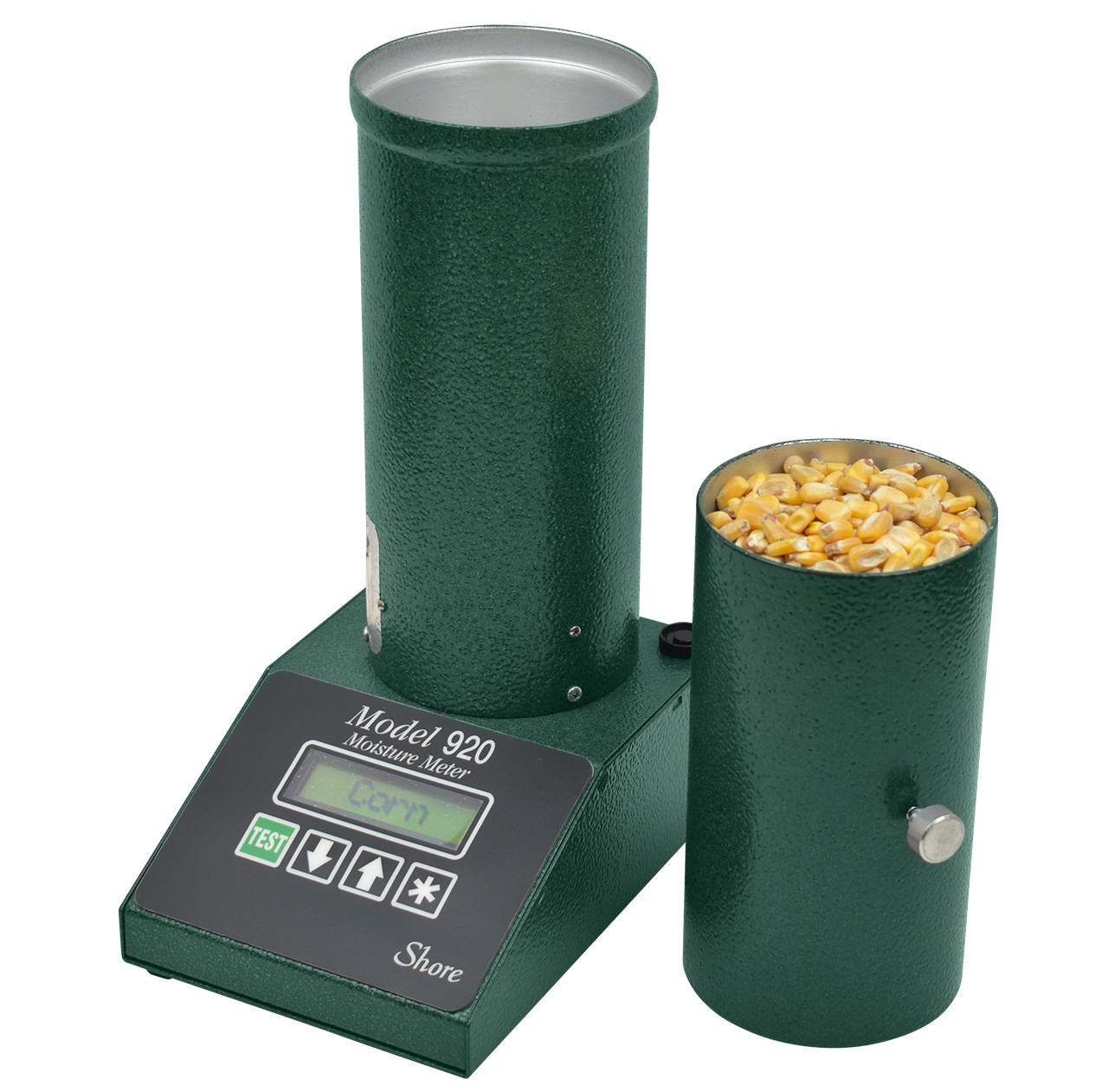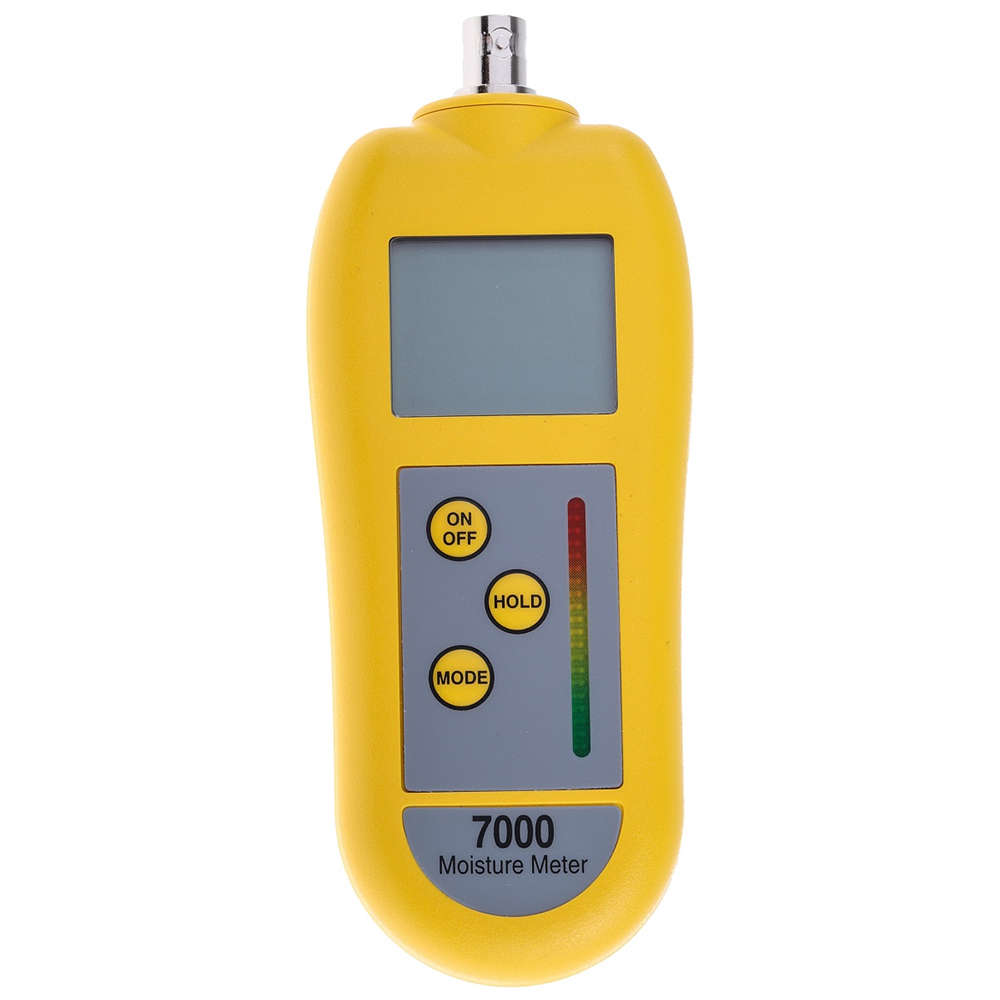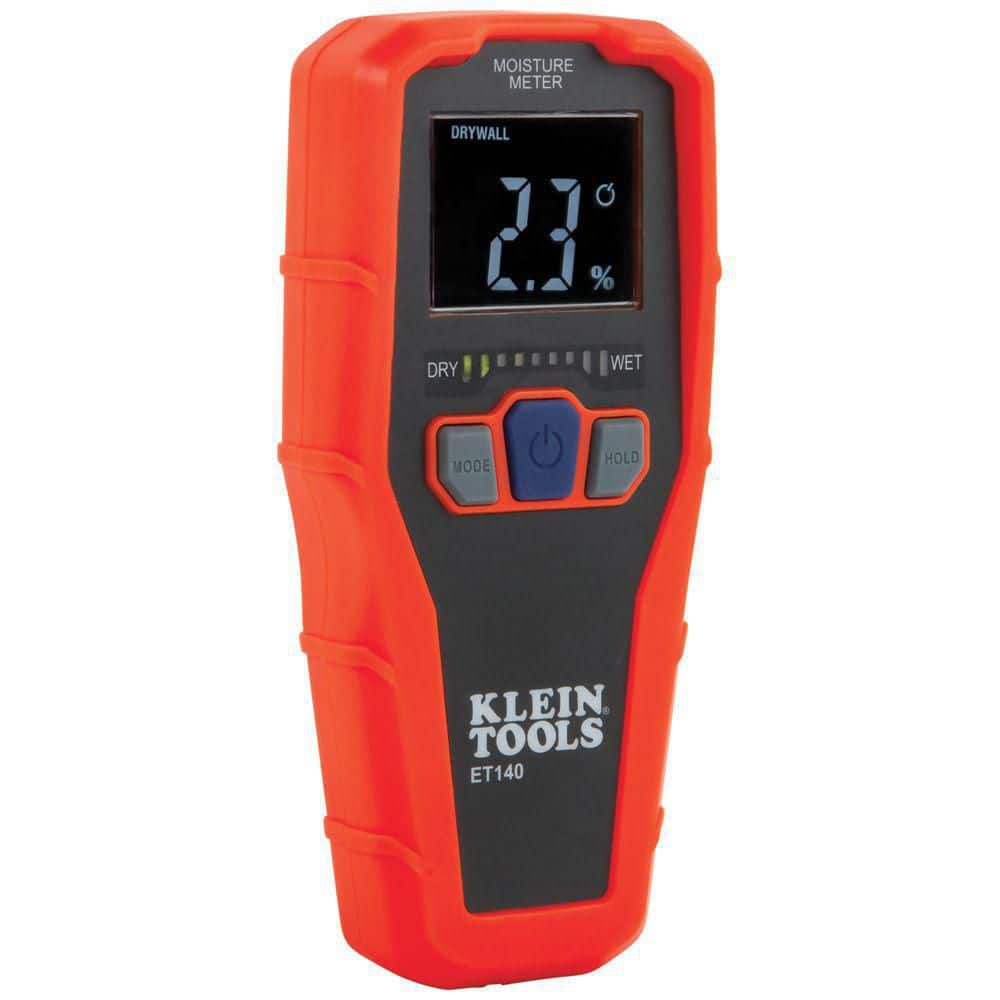Moisture Meter Reviews: Comparing the Best Versions for Expert and DIY Usage
Moisture Meter Reviews: Comparing the Best Versions for Expert and DIY Usage
Blog Article
The Ultimate Overview to Moisture Meters: A Comprehensive Introduction and Exactly How They Can Conserve You Cash
In the realm of structure maintenance, building and construction, and various markets, the relevance of properly determining dampness levels can not be overemphasized. Wetness meters act as important tools in spotting and monitoring moisture content in materials, aiding in stopping pricey damages and guaranteeing the quality of items. Comprehending the subtleties of various kinds of wetness meters, their applications, and the possible cost-saving advantages they supply can be a game-changer for services and experts alike. Finding how these tools can not only improve procedures but also contribute to economic savings is a trip worth starting.
Kinds of Moisture Meters
One common type is the pin-type moisture meter, which measures the electric resistance in between two pins inserted into a material. Pinless moisture meters, on the other hand, usage electromagnetic sensor plates to scan a larger area without creating damage to the product's surface area.
In addition, there are additionally specialized wetness meters designed for certain materials like soil, grain, or hay. These meters offer exact wetness readings tailored to the one-of-a-kind properties of the product being tested. Infrared wetness meters gauge the thermal homes of a product to identify its dampness content non-invasively, making them useful for applications where pin or pinless meters might not be ideal. Recognizing the various sorts of wetness meters available can help industries select the most suitable tool for their details wetness measurement demands.

Benefits of Making Use Of Moisture Meters

Furthermore, utilizing moisture meters can bring about enhanced power efficiency. By identifying locations with high dampness degrees, such as leaks or inadequate insulation, changes can be made to improve power preservation and reduce energy costs. In farming setups, wetness meters play a vital duty in maximizing crop yields by making it possible for farmers to keep track of soil moisture levels and make notified watering decisions. Generally, the advantages of making use of moisture meters span across various industries, giving cost-effective solutions and advertising much better quality assurance techniques.
Exactly How to Select the Right Moisture Meter
Choosing the suitable dampness meter includes thinking about crucial aspects such as product compatibility, dimension range, and calibration accuracy. When choosing a moisture meter, it's crucial to make sure that the meter is appropriate for the particular product you will be testing. Various materials have varying electric homes that can affect wetness readings, so choosing a meter designed for your product is vital for precise results. Additionally, think about the dimension variety of the dampness meter. Make certain that the meter can find dampness levels within the variety needed for your applications. Calibration accuracy is another crucial variable to maintain in mind (Moisture Meter). Select a dampness meter with reliable calibration to ensure precise and regular readings. Some meters may require periodic calibration modifications, so recognizing the calibration procedure is essential. By very carefully reviewing these elements, you can choose a wetness meter that satisfies your demands and provides accurate moisture dimensions for your projects.
Correct Methods for Moisture Meter Usage
To make certain precise web link dampness readings and take full advantage of the effectiveness of a wetness meter, employing correct methods is necessary. When making use of a pin-type moisture meter, insert the pins or probes into the product being tested up until they make full get in touch with. By complying with these proper techniques, individuals can depend on their dampness meter to provide credible wetness levels, helping in protecting against expensive damages or making sure top quality in different applications.

Price Financial Savings Through Moisture Meter Applications
Just how can the critical usage of moisture meters lead to substantial expense financial savings throughout numerous sectors? In the agriculture sector, dampness meters help in figuring out the optimal time for harvesting crops, avoiding over-drying or excess moisture that can influence the final item's quality.

Furthermore, in the food processing industry, wetness meters are essential for keeping track of product top quality and ensuring compliance with safety guidelines. By properly measuring wetness material in foodstuff, manufacturers can prevent putridity, maintain freshness, and decrease waste, causing significant cost savings. Overall, the tactical application of moisture meters is a beneficial financial investment that can cause considerable cost decreases and enhanced effectiveness across various markets.
Conclusion
In verdict, wetness meters are useful tools for determining and identifying moisture levels in numerous materials. By making use of the right dampness meter and complying with correct techniques, users can efficiently prevent pricey damages created by excess dampness.
Moisture meters offer as important tools in spotting and checking moisture web content in products, helping in avoiding pricey damages and making sure the top quality of products. Infrared wetness meters measure the thermal residential properties of a material to establish its moisture content non-invasively, making them useful for news applications where pin or pinless meters might not be suitable.Wetness meters supply indispensable advantages in precisely monitoring and examining dampness degrees in varied products and settings. In agricultural setups, moisture meters play a critical duty in optimizing crop yields by enabling farmers to keep an eye on dirt dampness degrees and make informed irrigation decisions.In conclusion, moisture meters are useful tools for gauging and spotting wetness degrees in numerous materials.
Report this page